Does Alcohol Cause Inflammation? Here’s What You Need To Know
Does drinking alcohol cause inflammation? How does alcohol make inflammation worse? Here’s what you should know about alcohol and inflammation.
By The GlycanAge Team
Tomatoes are rich in nutrients, such as vitamins A, C, and K, as well as minerals like potassium and manganese. They also contain antioxidants, like lycopene, which have been linked to several health benefits, including a reduced risk of heart disease and certain types of cancer.
Yet despite their high nutritional value, tomatoes and other nightshade vegetables have long been rumoured to cause inflammation. The term "nightshade" refers to plants belonging to the Solanaceae family, including white potatoes, eggplants, peppers, and certain spices such as paprika and cayenne pepper.
Most people can enjoy tomatoes without any adverse effects. Still, there is considerable debate about whether tomatoes cause inflammation, with some anecdotal evidence suggesting that consuming tomatoes can aggravate existing inflammatory conditions, such as rheumatoid arthritis, gout, and gastrointestinal (GI) disorders.
So, are tomatoes inflammatory or anti-inflammatory? This article explores the connection between tomatoes and inflammation to debunk myths and determine if people with arthritis and other inflammatory conditions should avoid eating them.
Scientific evidence on the relationship between tomatoes and inflammation is not well-established, and many people can consume tomatoes without experiencing any adverse effects.
In fact, tomatoes contain beneficial nutrients important for a well-balanced diet and studies actually suggest they can reduce systemic inflammation [1]. For instance, they are rich in lycopene, an antioxidant which has been linked to reduced inflammation and improved heart health [2].
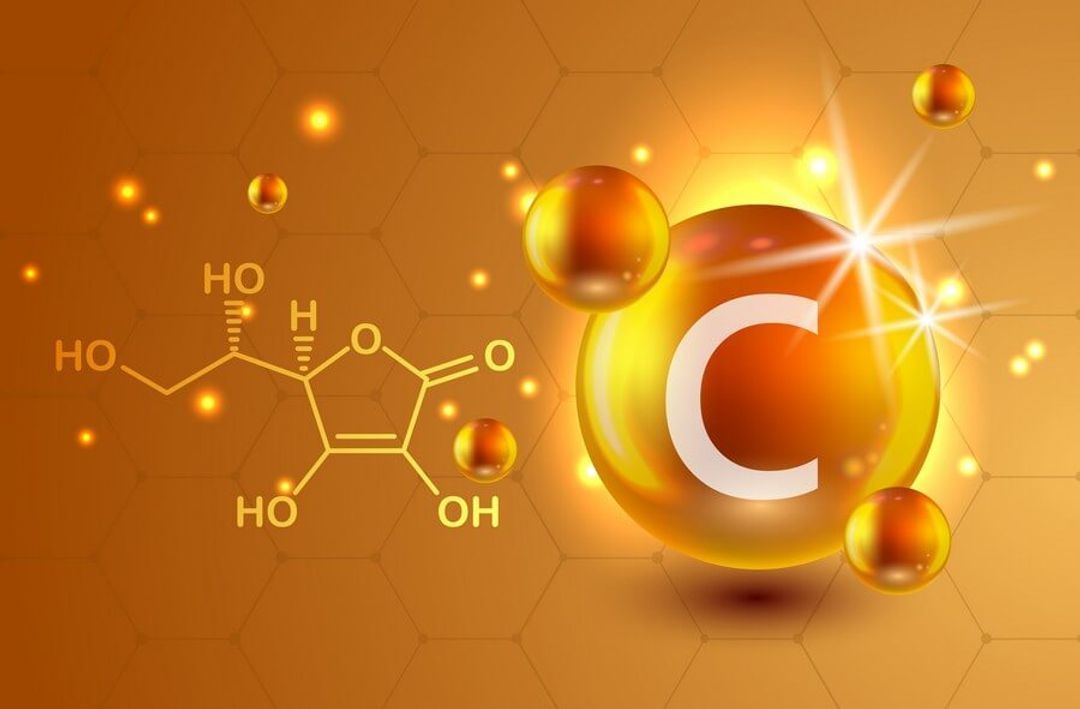 Tomatoes are also a good source of vitamin C. Several studies have suggested that a higher intake of vitamin C may be associated with lower levels of inflammatory markers, such as C-reactive protein (CRP), interleukin-6 (IL-6), and tumour necrosis factor-alpha (TNF-alpha). Furthermore, vitamin C has been shown to support the immune system, which can help the body respond to and manage inflammation more effectively [3].
Tomatoes are also a good source of vitamin C. Several studies have suggested that a higher intake of vitamin C may be associated with lower levels of inflammatory markers, such as C-reactive protein (CRP), interleukin-6 (IL-6), and tumour necrosis factor-alpha (TNF-alpha). Furthermore, vitamin C has been shown to support the immune system, which can help the body respond to and manage inflammation more effectively [3].
With that said, some individuals report that consuming tomatoes and other nightshades can lead to inflammation or aggravate existing inflammatory conditions in sensitive people. This is thought to be due to the presence of naturally occurring compounds called alkaloids, such as solanine and tomatine, which can be found in nightshade plants.
For those with an existing sensitivity to nightshades or a known autoimmune disorder, it may be beneficial to monitor their intake of tomatoes and other nightshade vegetables to determine if these foods trigger or worsen their symptoms.
Such sensitivity is often an indication of preexisting low-grade inflammation in the body. By addressing the root cause of the inflammation, many people find that they are no longer affected by certain “culprit” foods.
If you suspect that tomatoes or other nightshades are causing inflammation or other issues for you, it is a good idea to consult with a healthcare professional or registered dietitian for personalised advice before cutting them out.
The primary function of alkaloids is to protect the plant from animals, insects, and fungi, and studies indicate that they don’t directly contribute to inflammation in humans [4].
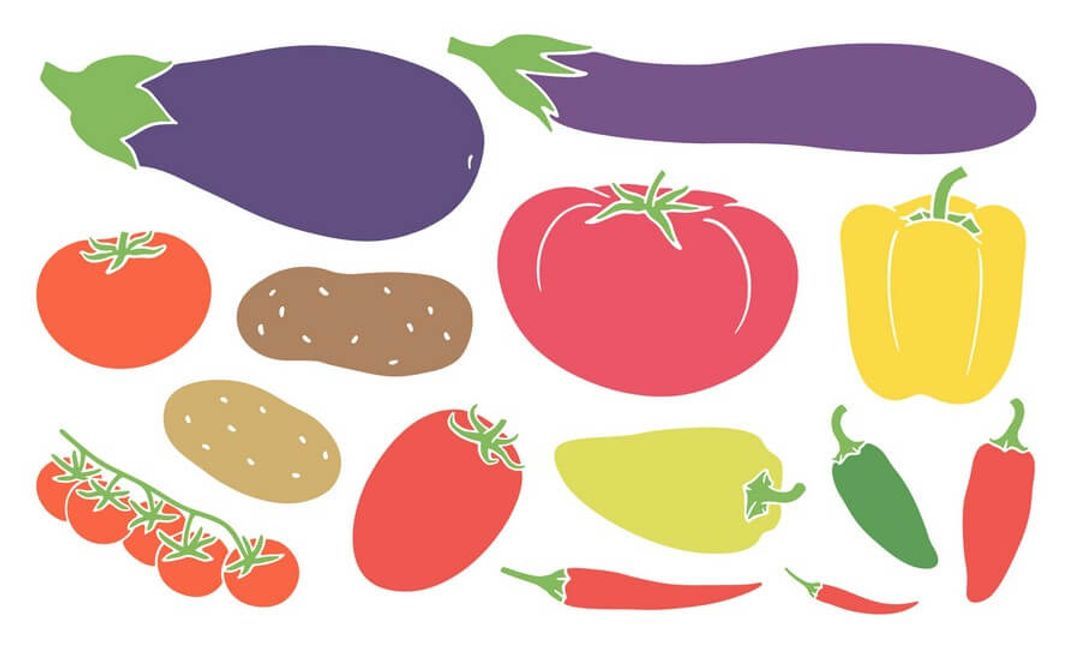 With that said, alkaloids can cause digestive upset and nausea and, in some cases, can even be poisonous. However, they would have to be eaten in extremely excessive amounts for such effects to occur. Moreover, if alkaloid poisoning does occur, it’s usually from eating green potatoes rather than tomatoes.
With that said, alkaloids can cause digestive upset and nausea and, in some cases, can even be poisonous. However, they would have to be eaten in extremely excessive amounts for such effects to occur. Moreover, if alkaloid poisoning does occur, it’s usually from eating green potatoes rather than tomatoes.
Overall, most people can consume alkaloids in negligible amounts, such as that found in tomatoes, without experiencing adverse consequences.
However, some people who are particularly sensitive find that eating tomatoes might indirectly cause inflammation or aggravate an existing inflammatory condition. In such cases, it is a good idea to consult a healthcare professional or registered dietitian for personalised advice and guidance.
In some cases, an elimination diet might be recommended to help identify potential food triggers and develop a suitable eating plan.
Tomatoes have long had a bad reputation for exacerbating symptoms of arthritis, with plenty of anecdotal accounts to corroborate this claim.
For instance, in a 2015 study of over 2,000 New Zealanders who were clinically diagnosed with gout (a form of arthritis), self-reporting evidence identified tomatoes as the fourth leading food to trigger attacks. Further research concluded that this correlation could be due to tomatoes causing higher levels of uric acid in the blood, which is the main cause of gout [5].
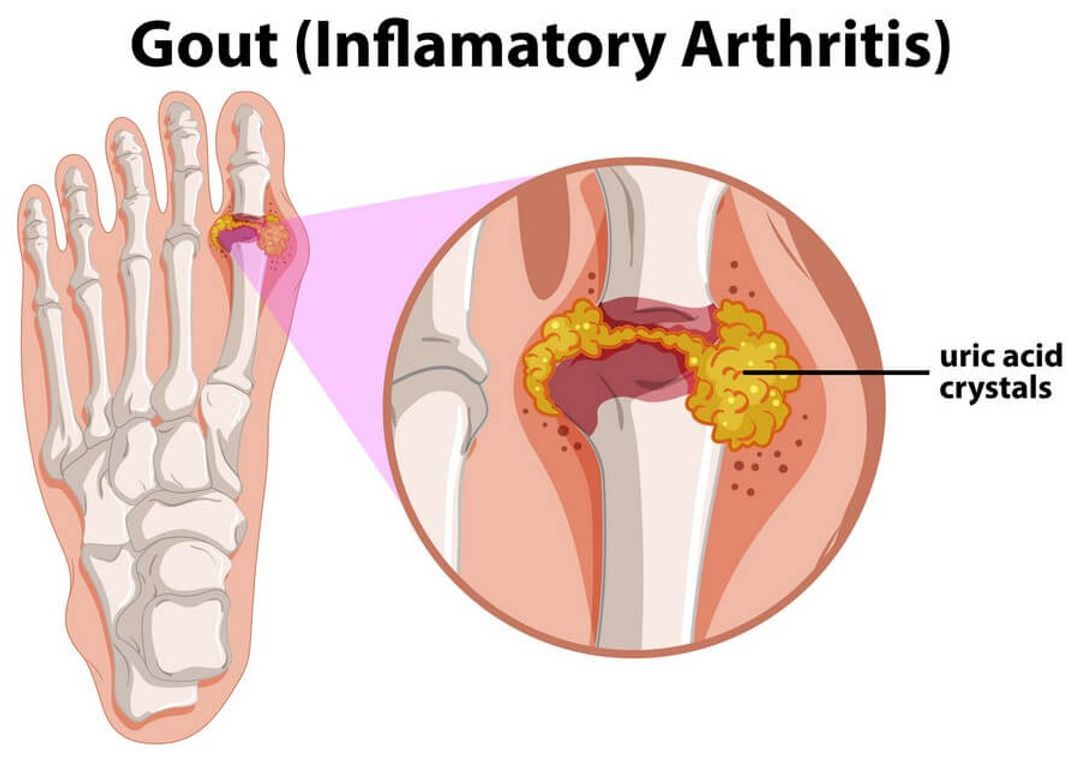 However, scientific evidence on a positive connection between tomatoes and arthritis is limited. In fact, most people can consume tomatoes without experiencing any negative effects on their arthritis. Moreover, a diet rich in fruits and vegetables is recommended for people with arthritis and other autoimmune conditions due to their high composition of anti-inflammatory compounds.
However, scientific evidence on a positive connection between tomatoes and arthritis is limited. In fact, most people can consume tomatoes without experiencing any negative effects on their arthritis. Moreover, a diet rich in fruits and vegetables is recommended for people with arthritis and other autoimmune conditions due to their high composition of anti-inflammatory compounds.
It is essential to recognise that individual responses to food can vary and are determined by the body’s current state of inflammation. If you have arthritis and suspect that tomatoes or other nightshade vegetables might be exacerbating your symptoms, consider keeping a food diary to track your intake and any changes in your symptoms.
Consult a healthcare professional or registered dietitian for personalised advice and guidance on managing your arthritis through diet.
Tomatoes and other nightshade vegetables can have varying effects on individuals with GI disorders, such as irritable bowel syndrome (IBS).
 Some people might experience the following symptoms when consuming tomatoes:
Some people might experience the following symptoms when consuming tomatoes:
Gas
Bloating
Diarrhoea
Stomach pain
Such reactions may depend on the specific GI disorder, individual sensitivities, and the amount consumed.
While the science doesn’t exist to support a positive connection, there are a few reasons why tomatoes could potentially cause discomfort in individuals with GI disorders:
Alkaloids: As mentioned above, tomatoes contain alkaloids, which may indirectly contribute to inflammation or irritation in individuals who are sensitive to nightshade vegetables.
Acidity: Tomatoes are naturally acidic, and their consumption might exacerbate symptoms in individuals with acid reflux, gastroesophageal reflux disease (GERD), or peptic ulcers.
Fibre: Tomatoes contain both soluble and insoluble fibre. While fibre is essential for digestive health, individuals with certain GI disorders, such as IBS or inflammatory bowel disease (IBD), might experience discomfort or worsening of symptoms when consuming high-fibre foods.
FODMAPs: Tomatoes contain fructans, a type of fermentable carbohydrate that falls under the FODMAP (Fermentable Oligo-, Di-, Mono-saccharides, and Polyols) umbrella. Some individuals with IBS or other GI disorders may be sensitive to FODMAPs, which can lead to digestive issues when consumed in excess.
If you suspect that tomatoes might be causing or exacerbating your GI symptoms, consult a healthcare professional or registered dietitian for personalised advice. They may recommend an elimination diet or a low-FODMAP diet to help identify potential food triggers and develop a suitable eating plan that meets your nutritional needs and minimises GI symptoms.
Reducing inflammation in the body is essential for maintaining overall health and preventing chronic diseases. Here are some tips to help you reduce inflammation:
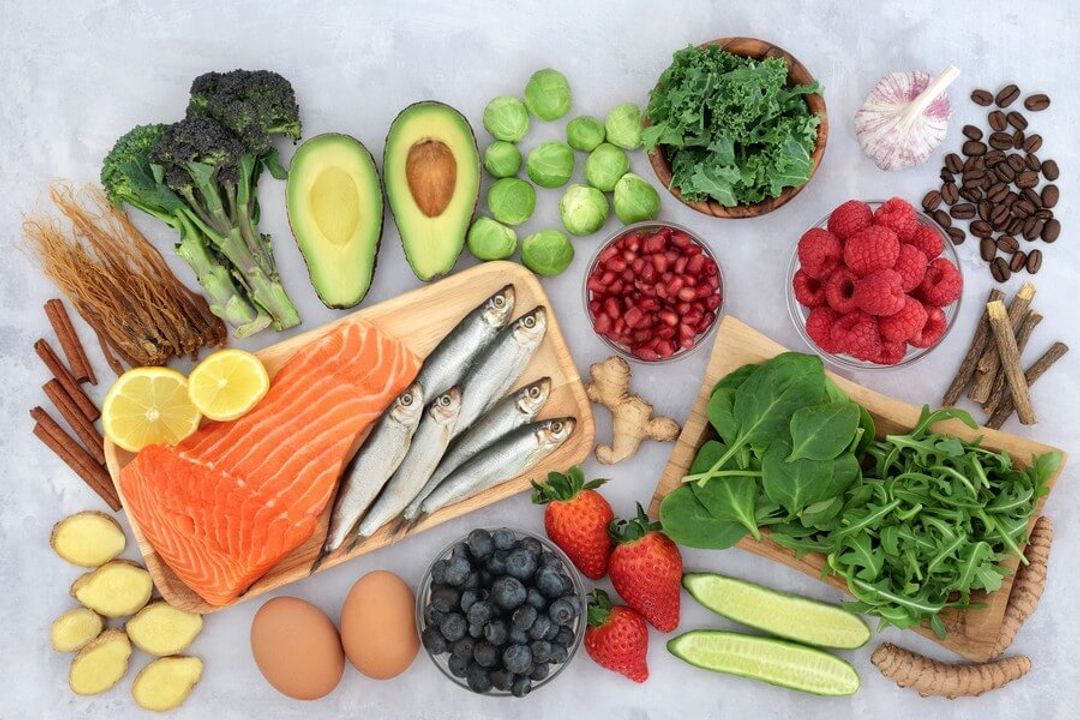 Eat a balanced diet: Consume a variety of fruits, vegetables, whole grains, lean proteins, and healthy fats. Focus on anti-inflammatory foods rich in antioxidants, such as berries, leafy greens, nuts, seeds, and fatty fish like salmon, mackerel, and sardines.
Eat a balanced diet: Consume a variety of fruits, vegetables, whole grains, lean proteins, and healthy fats. Focus on anti-inflammatory foods rich in antioxidants, such as berries, leafy greens, nuts, seeds, and fatty fish like salmon, mackerel, and sardines.
Limit processed foods: Reduce your intake of processed, fried, and sugary foods, as well as those high in unhealthy fats (trans fats and saturated fats), as they can contribute to inflammation.
Maintain a healthy weight: Excess body fat, particularly around the abdominal area, can increase inflammation. Work on achieving and maintaining a healthy weight through a balanced diet and regular physical activity.
Exercise regularly: Engage in regular physical activity, such as walking, swimming, cycling, or strength training, to help reduce inflammation and improve overall health.
Get enough sleep: Aim for 7-9 hours of quality sleep each night, as poor sleep can contribute to increased inflammation.
Manage stress: Practice stress-reducing techniques like meditation, yoga, deep breathing exercises, or mindfulness to help manage stress and lower inflammation levels.
Stay hydrated: Drink plenty of water throughout the day to support optimal body function and help flush out toxins.
Limit alcohol intake: Excessive alcohol consumption can increase inflammation, so it's essential to consume alcohol in moderation if you choose to drink.
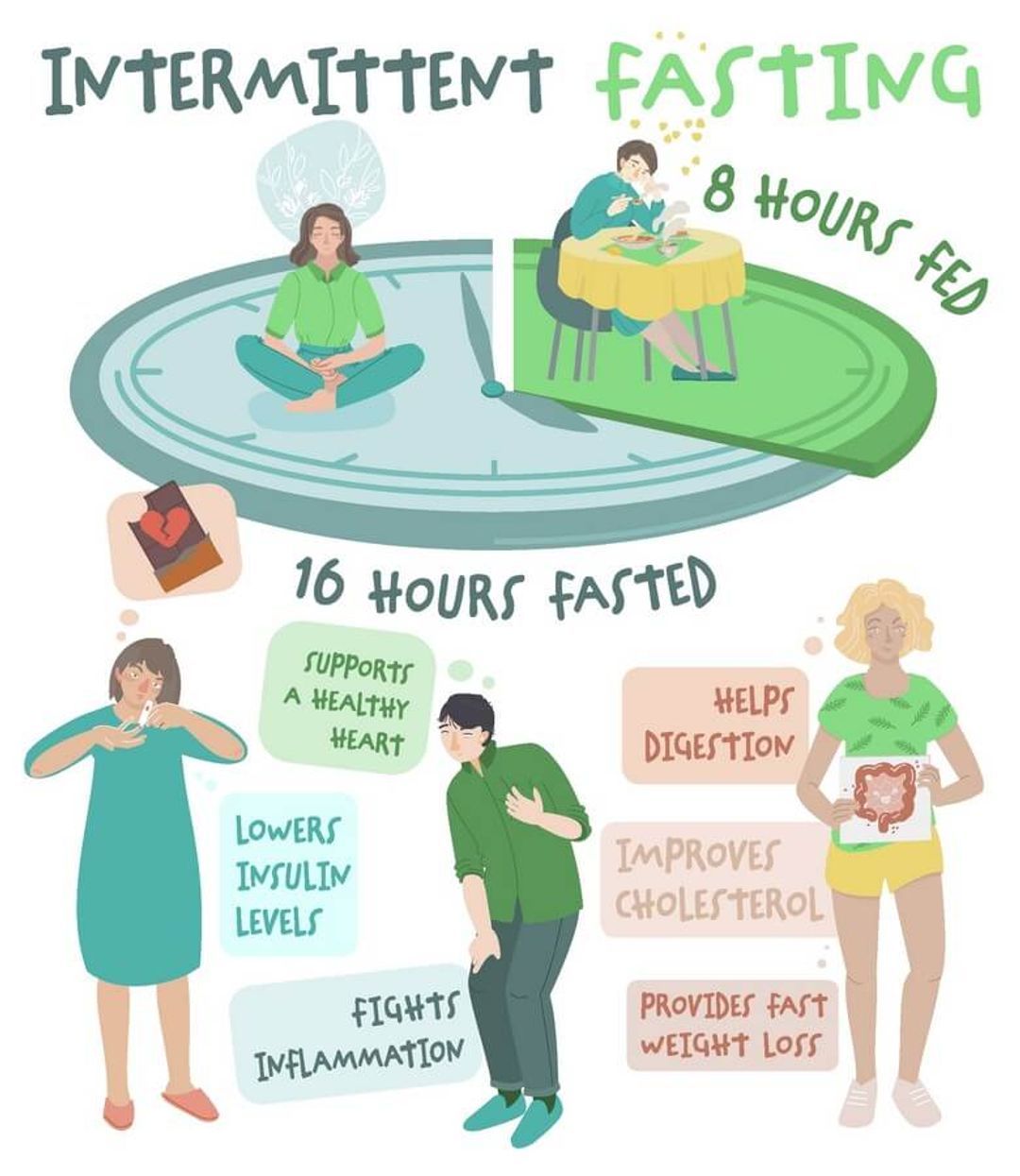 Quit smoking: Smoking is a significant contributor to inflammation and various health issues. Quitting smoking can help reduce inflammation and improve your overall health.
Quit smoking: Smoking is a significant contributor to inflammation and various health issues. Quitting smoking can help reduce inflammation and improve your overall health.
Consider fasting: Fasting involves voluntarily abstaining from food and sometimes beverages for a certain period, and this may have potential benefits in reducing inflammation in the body.
Remember that each person's body is unique, and what works for one person might not work for another. It's essential to monitor your symptoms and consult with a healthcare professional for personalised advice and guidance on reducing inflammation.
The relationship between tomatoes and inflammation is complex and varies among individuals. For most people, tomatoes can be a nutritious and health-promoting addition to their diet. They are rich in nutrients, antioxidants, and other beneficial compounds, which have been associated with various health benefits and reducing inflammation.
However, some people might be sensitive to certain compounds found in tomatoes and other nightshade vegetables. These individuals may experience inflammation or aggravation of existing inflammatory conditions when consuming tomatoes.
 Given the individual variability in response to tomatoes, it is crucial to monitor your body's reactions to tomatoes. Consult a healthcare professional for advice and lead an anti-inflammatory lifestyle to help to reduce any inflammation present throughout the body.
Given the individual variability in response to tomatoes, it is crucial to monitor your body's reactions to tomatoes. Consult a healthcare professional for advice and lead an anti-inflammatory lifestyle to help to reduce any inflammation present throughout the body.
Additionally, individuals who are interested in tracking their overall health and ageing may benefit from taking a GlycanAge biological age test. This test measures chronic inflammation in the body, thus assessing the state of the immune system and overall health.
The test provides you with data you can use to improve your lifestyle and make personalised and informed decisions to prevent chronic disease and optimise your healthspan as you get older.
Once you receive your home testing kit, all you need to do is a simple finger prick test and send the results back to the lab. After 3-5 weeks of rigorous analysis to obtain the most accurate readings, your report will be ready.
You will also receive a complimentary one-to-one consultation with a health scientist and/or healthcare professional to understand your results, devise an action plan to maintain or improve your biological age and optimise your overall wellness.
Several packages are available for purchase, depending on your budget and where you are on your wellness journey. Start your wellness journey today by ordering your GlycanAge home testing kit.
It is possible to develop a tomato intolerance later in life. Food intolerances can develop at any age and are not limited to childhood or early adulthood. An intolerance to tomatoes or other nightshade vegetables may arise due to various factors, such as changes in gut health, alterations in the immune system, or increased sensitivity to specific compounds found in tomatoes, like alkaloids or other naturally occurring substances.
A tomato intolerance may cause symptoms such as gastrointestinal discomfort, bloating, gas, or other digestive issues. In some cases, it may also contribute to skin reactions or inflammation in sensitive individuals. However, it's important to note that food intolerances can manifest differently for each person, and symptoms may vary in severity.
If you need to replace tomatoes in your diet due to an intolerance, allergy, or personal preference, there are several alternatives you can consider. Some options include:
Red bell peppers
Zucchini or cucumber
Pumpkin or butternut squash
Carrots
Tomato-free sauces
Tamarind paste or vinegar
Mango or pineapple
https://pubmed.ncbi.nlm.nih.gov/23069270/
https://www.ncbi.nlm.nih.gov/pmc/articles/PMC7464847/
https://www.ncbi.nlm.nih.gov/pmc/articles/PMC4492638/#:~:text=We%20found%20that%20a%20moderate,helps%20to%20reduce%20FBG%20levels.
https://www.sciencedirect.com/topics/neuroscience/solanine
https://www.ncbi.nlm.nih.gov/pmc/articles/PMC4541734/
By The GlycanAge Team

Start or continue your GlycanAge journey
Don’t be afraid to reach out to us and ask questions, provide commentary or suggest topics.
Other articles you may like:
Does drinking alcohol cause inflammation? How does alcohol make inflammation worse? Here’s what you should know about alcohol and inflammation.
What’s good for muscle pain? What are the best natural treatments for muscle pain and inflammation? Click here to find out.